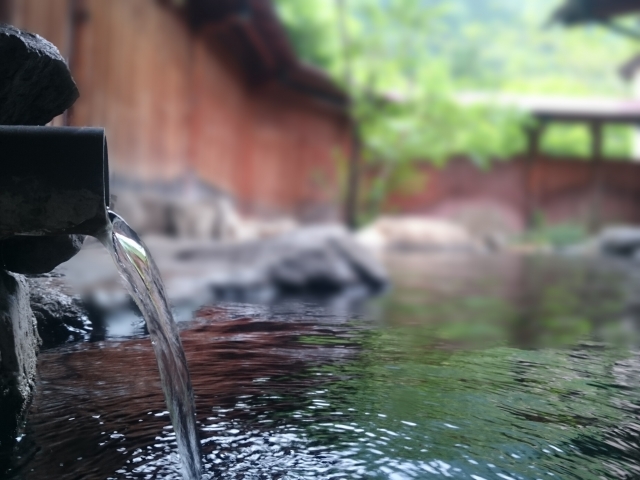『温泉シャーク』は、「サメ映画」という分かりやすい記号をわざと大げさに使いながら、温泉地のリアルな風景や問題点を浮き彫りにする作品です。サメ=災害、温泉=共同体の癒しという対照的なイメージをぶつけることで、観客はふだん意識しない避難経路、行政や観光インフラ、生活と経済のズレに自然と目を向けます。こうした“やりすぎ”の演出は一種のバグですが、同時にレンズにもなり、町の空気をただの背景ではなく「自分ごと」として感じさせる力を持ちます。映画が終わったあとも、その土地の本質的な課題や魅力が観客の中に残り、現実世界へと跳ね返っていく。ここに本作の狙いがあります。
制作とビジネス面で見ると、この“過剰記号”の手法はシリーズ展開との相性が抜群です。火山の温泉地、離島の港町、炭鉱跡の温泉郷──舞台を変えれば記号の組み合わせも無限に変奏できます。そのたびに地域特有の資源や課題を映像化し、興行・配信・物販・ライセンスなど複数の収益源をつくることが可能です。劇場公開や海外セールスはすでに実績があり、今後は他地域と組んだスピンオフ制作も視野に入れています。投資効果についても、観光庁の広告換算値を利用しながら、地域PRとしてどれだけのリターンを生むかを具体的に試算していくつもりです。
このプロジェクトを単なる“話題のB級映画”ではなく、「ジャンル映画をてこに地域を読み解き、観客参加型の仕組みまで設計する実証実験」と捉えていただければ幸いです。また、記号論や観光社会学といった領域を横断するケーススタディとして活用していただければと思います。私たちは、失敗を恐れず“バグを活かす”パートナーを歓迎します。次の町、次のジャンルで、新しい“裂け目”を一緒に開いていきましょう。
プロジェクト『温泉シャーク』プロデューサー 永田雅之
“Onsen Shark” deliberately exaggerates the instantly recognizable trope of a “shark movie” to expose the real landscape and latent issues of hot‑spring towns. By colliding two opposing images—shark as disaster, onsen as communal healing—the film pushes viewers to notice evacuation routes, public‑works gaps, and the mismatches between daily life and tourist economies that they would normally overlook. This over‑the‑top staging is a kind of bug, yet it also becomes a lens that turns the town from passive scenery into something personal. Long after the credits roll, the region’s underlying problems and charms linger in the audience and bounce back into the real world. That is the project’s core intent.
From a production and business perspective, this “excessive‑symbol” method is perfectly suited to a franchise model. A volcanic spa town, an island fishing port, an abandoned mining resort—change the setting and the symbolic mix can be endlessly recombined. Each iteration visualizes local resources and issues while opening multiple revenue streams: theatrical runs, VOD, merchandising, licensing, and more. We already have track records in domestic theaters and foreign sales, and we are eyeing spin‑offs with other regions. Using the Japan Tourism Agency’s ad‑value indices, we plan to quantify the PR return that each investment can generate for the host community.
To our colleagues in the film industry, we hope you will see this not as a buzz‑driven B‑movie but as a field experiment that uses genre cinema to decode place and build audience‑participation ecosystems. Scholars and critics are likewise invited to treat it as a cross‑disciplinary case study in semiotics and tourism studies. We welcome partners who are unafraid of “productive bugs.” Let’s open the next fissure—another town, another genre—together.
Project “Onsen Shark(Hotspring SharkAttack)”Producer Masayuki Nagata
